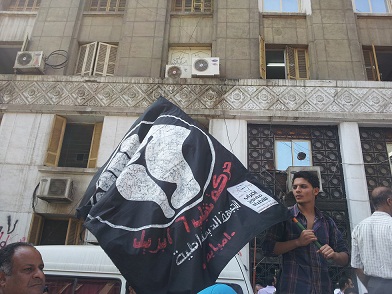Egypt’s Minister of Trade and Industry Nevine Gamea has held an expanded meeting with export councils’ heads to review the main features of a new programme for export subsidies.
The meeting also reviewed the payment of exporters’ dues in preparation for presenting it to Prime Minister Mostafa Madbouly for his approval, and the payment’s application on exported shipments as of 1 July 2020.
Gamea said that the new export subsidy programme includes deepening national industry, developing Upper Egypt and the country’s border areas, as well as supporting projects established in the Suez Canal Economic Zone (SCZone).
She noted that the programme’s axes also include developing small business exports, and enhancing Egyptian exports to African markets and new markets. This comes in addition to supporting land, sea and airfreight for exports, as well as recording an increase in exports and supporting export infrastructure.
Gamea added that the new programme aims to achieve a leap in export rates and to avoid a decrease in Egyptian exports affected by the global economic downturn due to the novel coronavirus (COVID-19) pandemic.
Besides this, it would help achieve a substantial increase in Egyptian exports as they are a main source of foreign exchange, and the growth engine for highly competitive industries in the country.
The minister pointed to the importance of reaching a complete consensus on a new programme by all concerned parties to achieve its desired goals in industrial and export sectors.
The Ministry of Trade and Industry is keen to open new markets for Egyptian exports, especially in light of the exceptional circumstances that the global economy is going through due to the COVID-19 outbreak, Gamea said.
For their part, the export councils’ heads called for importance to be placed on the new export subsidy programme, taking into account the problems of each council separately. This would come in addition to the importance of supporting participation in internal, external and virtual exhibitions.
They also demanded achieving legislative stability for the industrial sector to enable the completion of projects that require several years to implement.

